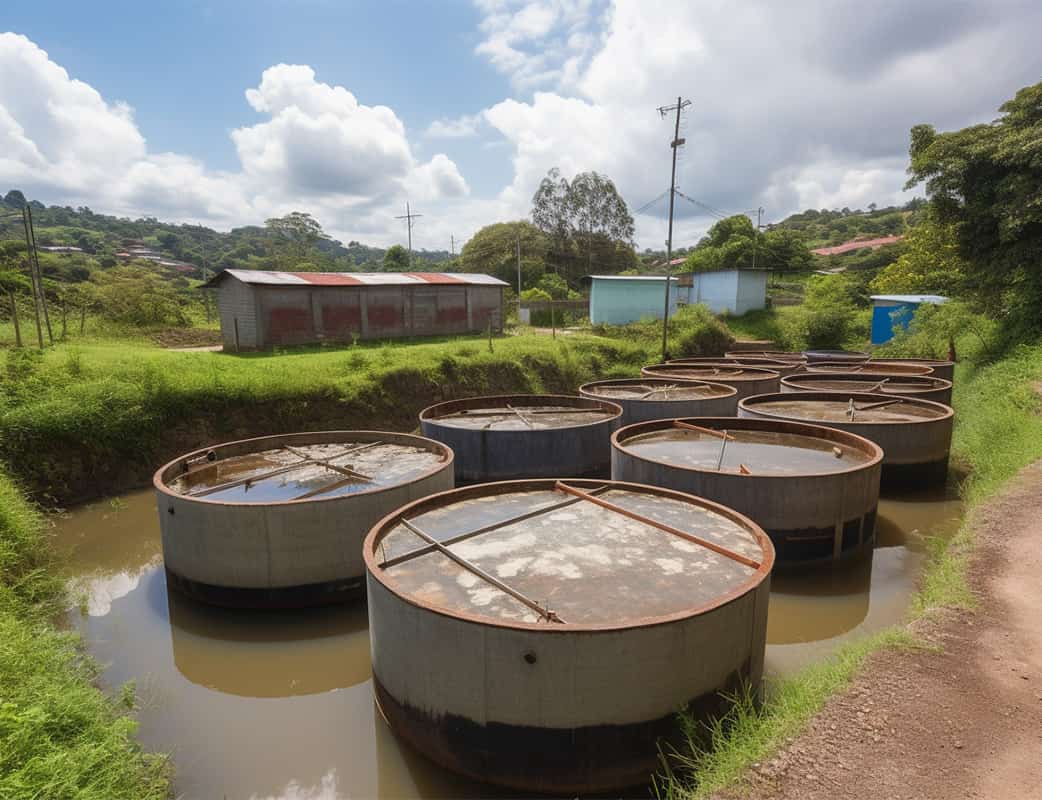Engineering Students from West Virginia University (WVU) are making their way to Monteverde, Costa Rica, to address the region’s wastewater treatment problems. The area is known for being an eco-tourism hotspot, but its undersized and aging septic tanks and untreated water from sinks and washing machines are posing significant threats to the environment and the economy.
Therefore, WVU graduate students, civil and environmental engineers, and social scientists will join forces to conduct practical research and examine different wastewater treatment technologies.
This project is supported by the National Science Foundation and led by Kevin Orner, assistant professor at the Wadsworth Department of Civil and Environmental Engineering. According to Orner, contamination caused by untreated septic tank sludge and wastewater is jeopardizing Costa Rica’s tourism-dependent economy.
Therefore, the research aims to aid students’ skill development while they “quantify social, economic, and environmental impacts of wastewater treatment and integrated resource recovery in Monteverde.”
Costa Rica has invested resources in reducing untreated wastewater and improving wastewater infrastructure. However, the work university students will carry out is valuable because “municipal governments may lack the capacity to evaluate the environmental impacts, economic costs, and other social factors.”
This is where the students come in, to build a “multi-criteria decision analysis tool” to evaluate wastewater treatment options. This tool will make a recommendation from among various alternative treatment systems based on data that students collect.
Monteverde is a popular tourist destination, receiving over 250,000 tourists annually, and this number is expected to double by 2050. The area’s buildings utilize septic systems that are often undersized as seasonal populations fluctuate. Many septic systems are failing or provide little treatment before discharge.
Approximately 70% of Costa Ricans use septic tanks, and about 66% of that septic sludge is untreated. Therefore, the research conducted by WVU students is vital to developing effective solutions to the region’s wastewater treatment challenges.
This research will benefit both parties, as students will gain valuable experience, and the Monteverde region will acquire a valuable asset to help its path toward sustainable water management. The students’ practical research and examination of different wastewater treatment technologies will provide the region with a recommendation on the best alternative treatment systems to implement.
By doing so, they will help improve the area’s wastewater infrastructure, mitigate the contamination caused by untreated septic tank sludge and wastewater, and create a sustainable environment for eco-tourism in Monteverde.
The WVU engineering students’ initiative to work alongside the community of Monteverde and multidisciplinary teams to investigate different wastewater treatment technologies in the region is commendable.
Their work is essential to developing effective solutions to the region’s wastewater treatment challenges, which will not only benefit the Monteverde community but also contribute to the nation’s sustainable water management.
Furthermore, the practical research and data collected by the students will help identify the most appropriate wastewater treatment options, thereby mitigating the contamination caused by untreated wastewater and ensuring the continued success of eco-tourism in Monteverde.






